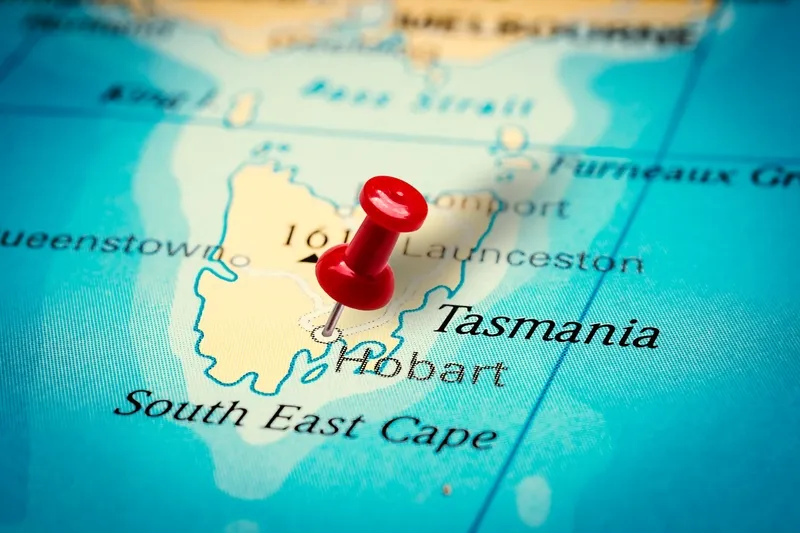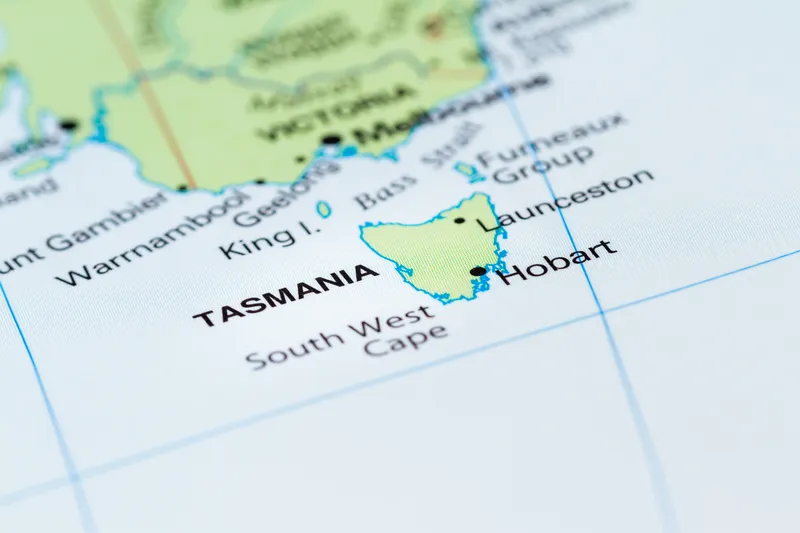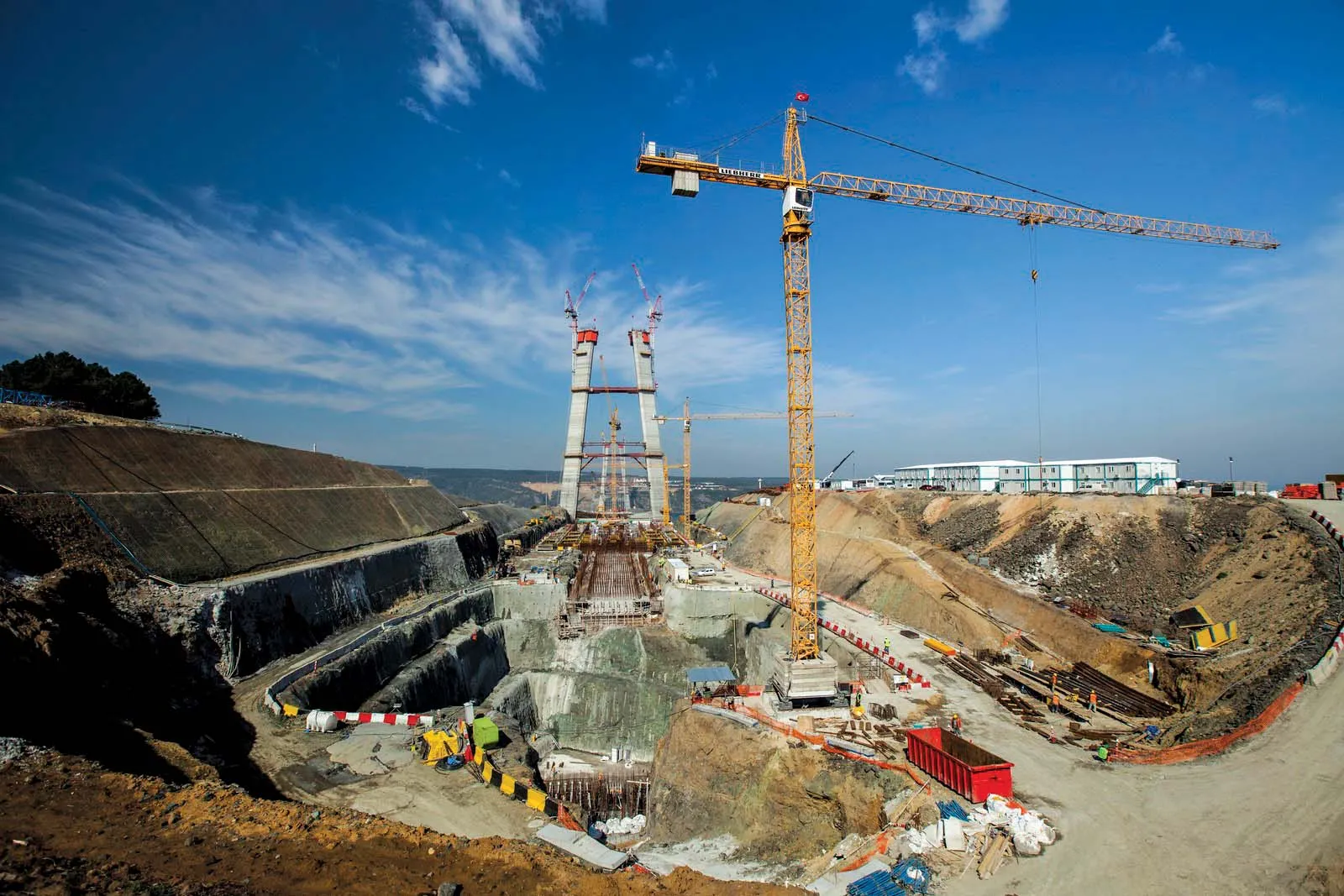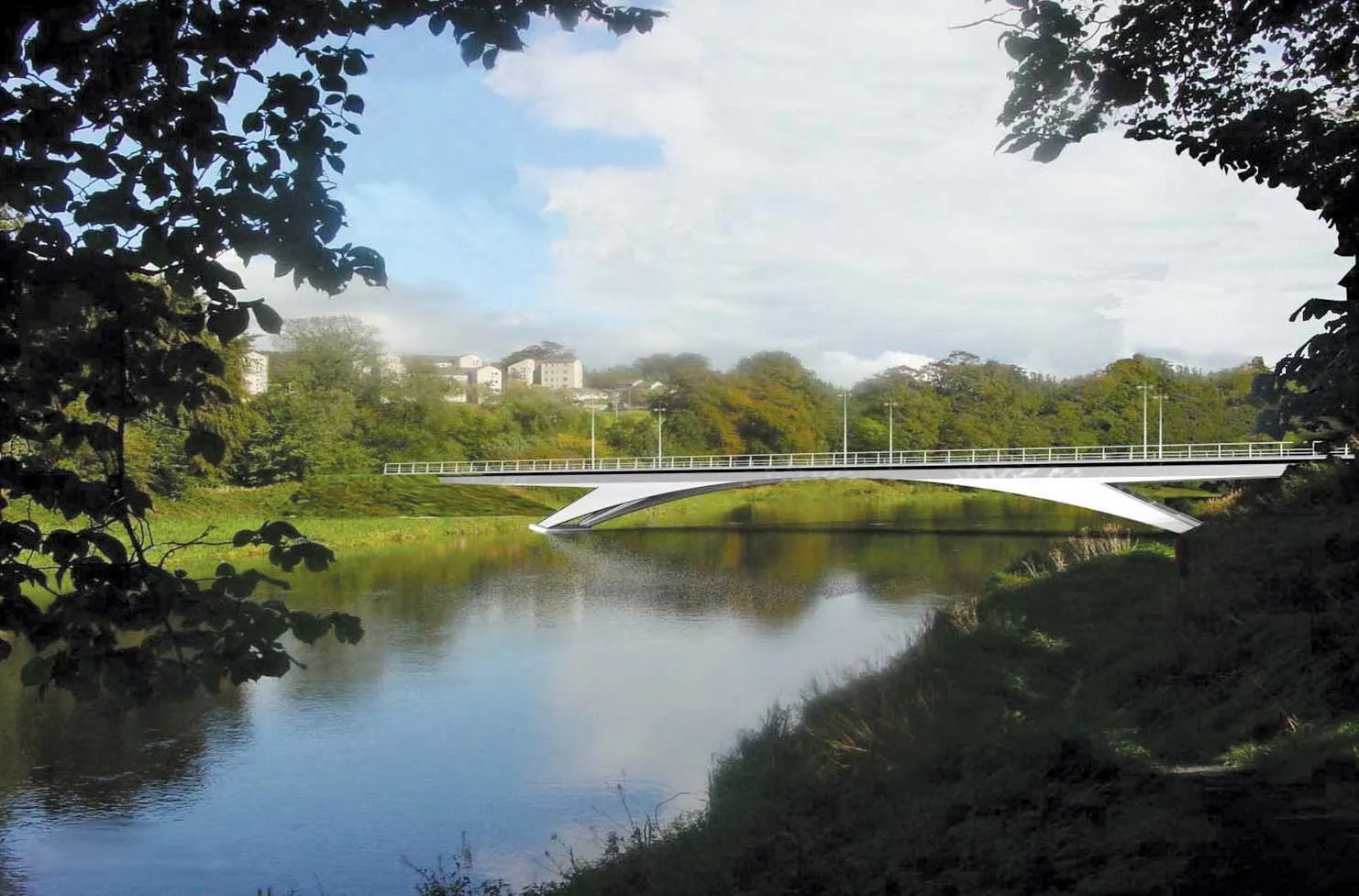The design proposal for a new Tasmanian bridge project faces controversy.
By MJ Woof
October 27, 2020
Read time: 2 mins

The design put forward for the Bridgewater Bridge replacement project in Tasmania, Australia is facing controversy. The new bridge is required as the existing steel truss design, completed in 1946, has suffered maintenance issues ever since it opened to traffic.
The new bridge is expected to cost in the region of US$402 million (A$570 million), which will make it the biggest single transport project ever carried out in Tasmania. However, the design that has been unveiled has been criticised for being too costly. Some locals are also calling for the existing bridge and its rail link to be retained rather than being demolished, as it is a listed historic structure.
The existing lifting bridge carries both road and rail connections and has to be replaced as its maximum height poses limitations on the size of vessels that can pass underneath. It also places size and weight restrictions on vehicles and is proving unable to cope with the growing traffic volumes passing over it as the population in and around Hobert expands, while its maintenance issues have themselves become costly. Cables installed for the lifting mechanism in 1994 had to be replaced considerably sooner than expected. Although the bridge only rarely opens now, it has proved troublesome on the comparatively few occasions it has been raised.
The new bridge is needed as the link forms a critical part of the transport and freight link between the northern and southern regions of Tasmania. Increasing traffic volumes result in congestion at peak periods, increasing journey times and causing delays for commuters and trucks.
The proposed design is for a 1.6km-long box girder bridge that provides a clearance of just over 16m above the River Derwent. This will carry two lanes of traffic in either direction as well as having provision for cyclists and pedestrians. The bridge will provide a new crossing between the Brooker Highway and Midland Highway, including connections to the Lyell Highway and it will allow for vehicle speeds of up to 80km/h.
Construction is intended to commence in 2022 with completion aimed for by 2024. A substantial portion of the funding required is being provided by the Australian Government due to the importance of the project for Tasmania.








